From empathy to gamification: Inspecting motivational and sensitive methods for participation of co-researchers in healthcare

What is the workshop about?
Methods to create inviting and motivational collaborative research settings between researchers, designers and their anticipated co-researcher groups are manifold. They appear in a wide spectrum, from creating empathy to joyful and ludic approaches. However, some research domains are more open to long-term participatory contexts than others. Specifically, the healthcare domain provides several challenges, e.g., with healthcare practitioners under time pressure and patient groups of different levels of ‘vulnerabilities’. This workshop aims at opening up a discussion of appropriate methods for increasing participants' motivation with preserving their well-being. The workshop will explore the motives of co-researchers, options and opportunities arising from co-research, and how to make co-researchers comfortable and experience co-creation as a meaningful activity but also be aware of possible limitations.
Please find the proposal attached for a download:
Why should you attend?
The involvement of end-users and other stakeholders is of central importance in technology development. By defining a framework for engaging co-researchers in a fun way with a focus on well-being, we are confident that we can not only improve technology development, but in the long run improve the well-being of involved participants in the healthcare sector. Therefore we are happy with every contribution to our workshop to discuss experiences, opinions, learnings and much more.
How can you attend?
Potential participants are asked to submit a position paper no longer than 2-4 pages including references and formatted according to the ECSCW template. Authors are invited to submit case studies, empirical cases, philosophical or theoretical considerations. After submission, the papers will be reviewed by the organisers and selected based on their quality, innovation and relevance to the workshop topics.
We will notify participants of acceptance at an early stage so that both the early bird rate can be selected and conference travels can be arranged.
Please send submissions (pdf-format) by 25.04.2023 to ">Tim Weiler and ">Holger Klapperich
Organisers
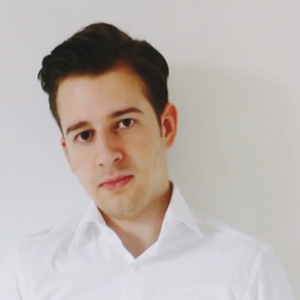
Tim Weiler is a research associate at the University of Siegen, Germany. His research focuses on PD and Co-Creation in healthcare. Hybrid interaction systems for maintaining health even in exceptional situations are analysed and a framework for co-creative methods is to be defined.
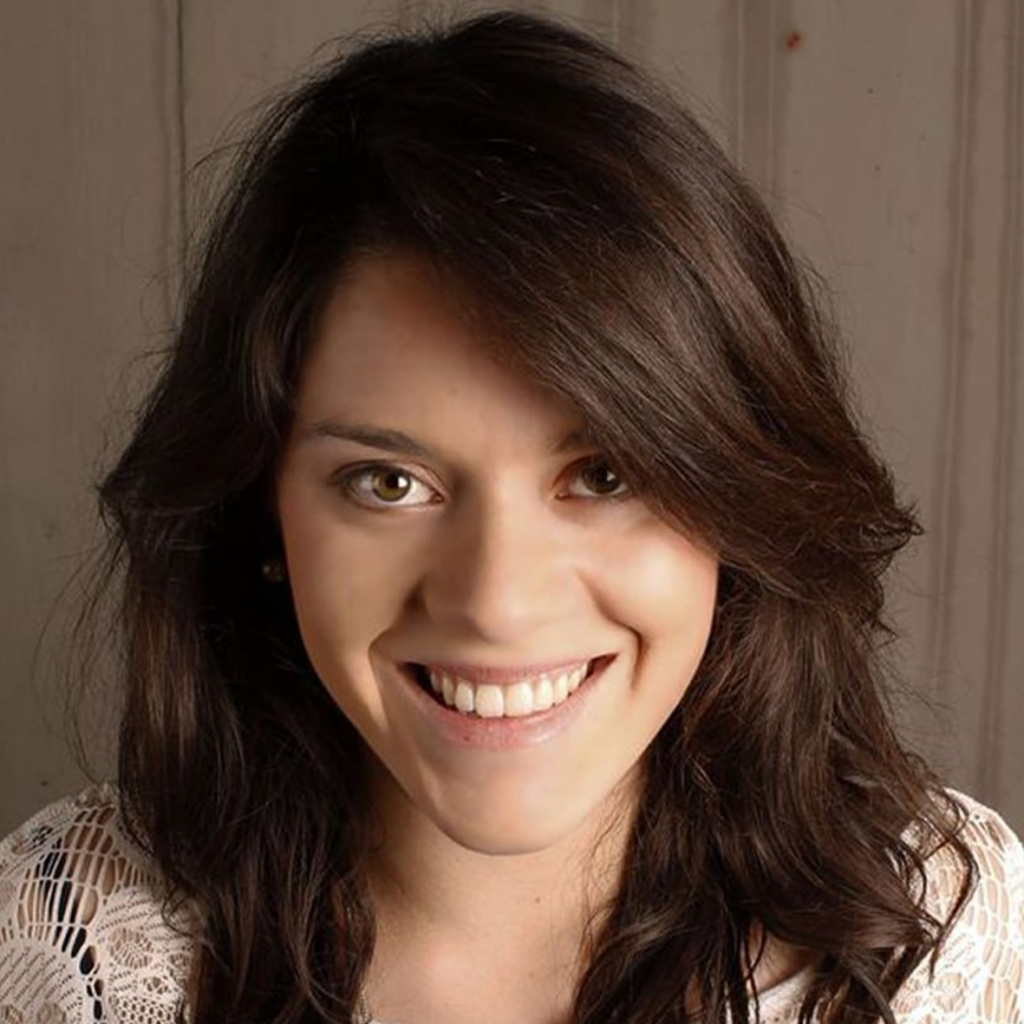
Liliana Savage Pinto is a HCI Master student at the University of Siegen, Germany. She conducts research to understand how governments, NGOs and citizens collaborate to build technology and then uses that knowledge to design technological solutions that empower citizens and governments in the Global South to better collaborate and build their desired societies.
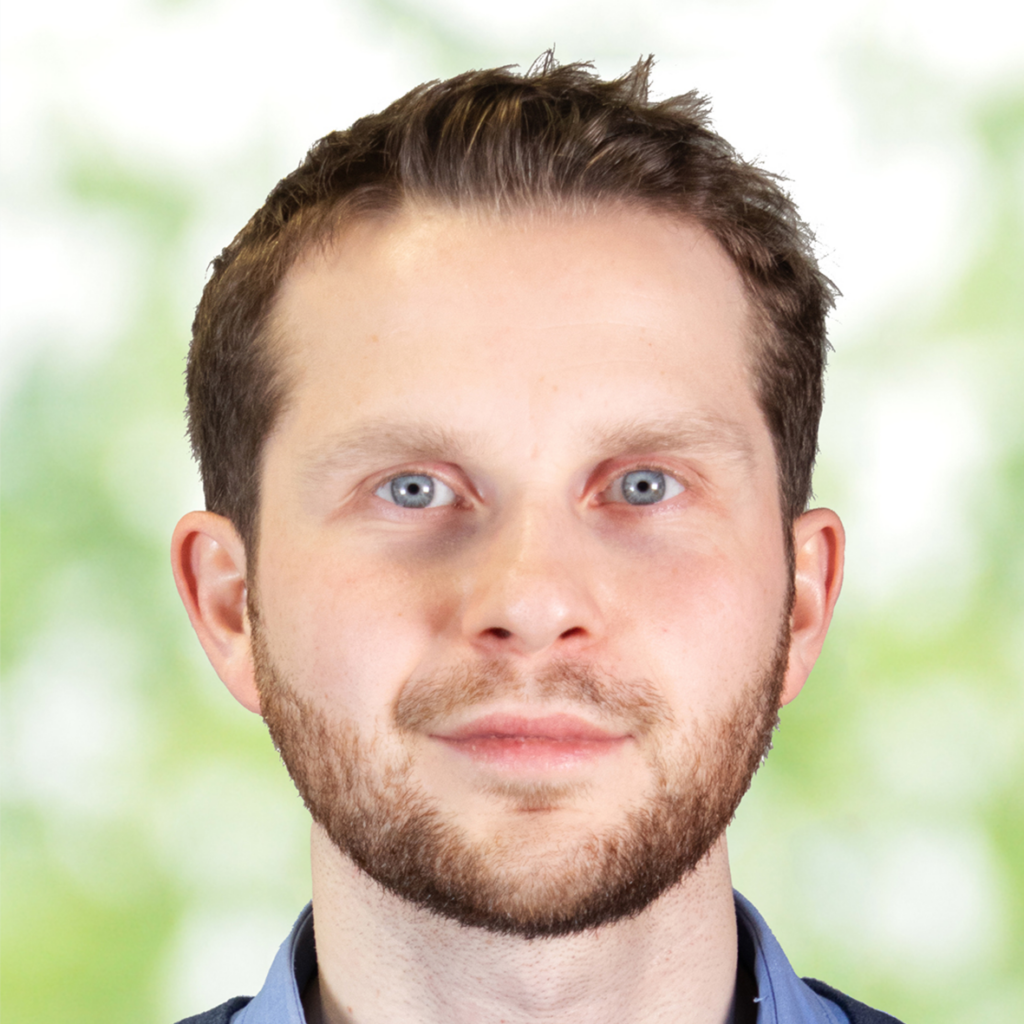
David Struzek is a PhD student at the Information Systems department, especially IT for the Ageing Society at the University of Siegen. He explores how people in urban public spaces can be supported in their physical movement or motivated by technical interactive systems. Furthermore, his interests lie in the design of good usability and UX with the support of creative methods.
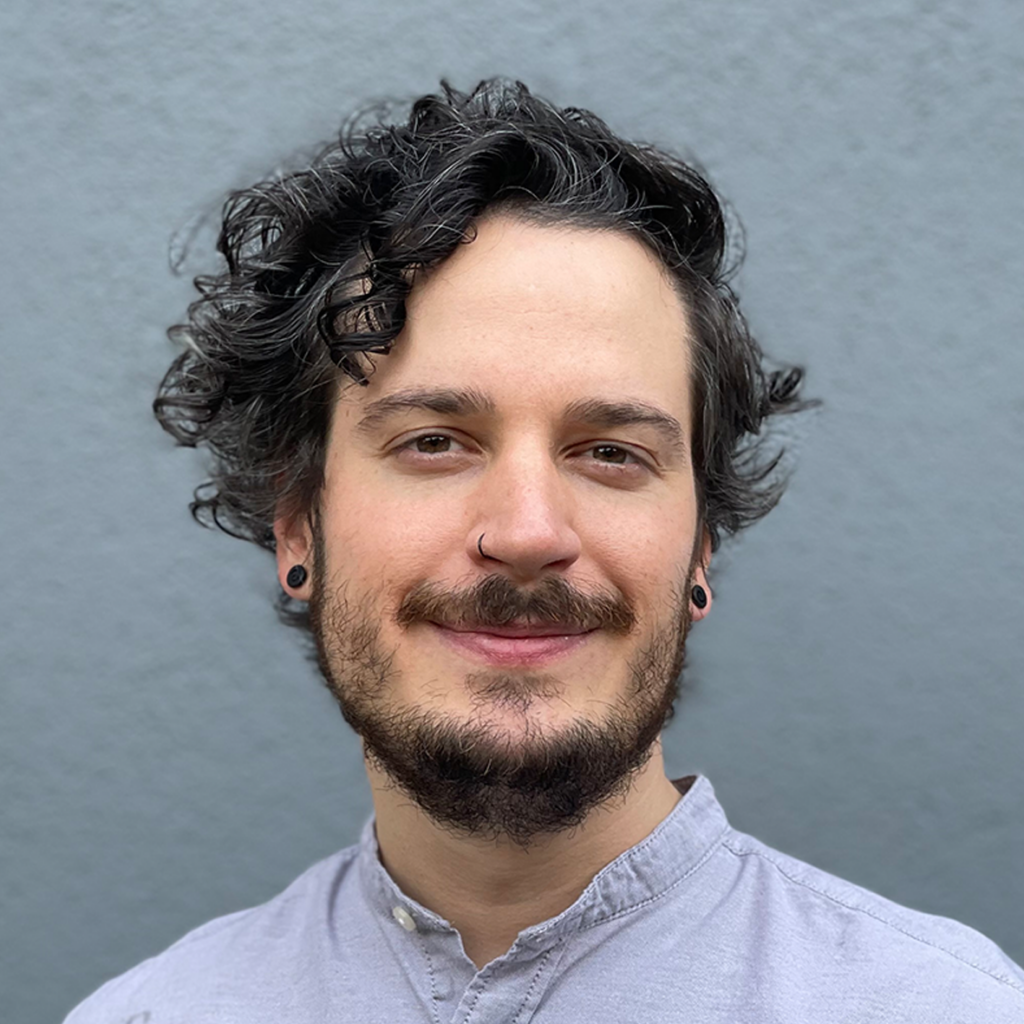
Holger Klapperich works as a post-doctoral researcher at the Faculty of Media at Düsseldorf University of Applied Sciences. He holds a PhD on the topic of "The compatibility of efficiency and well-being" and researches well-being-oriented design of digital technology in the eHealth sector. He led the funded project "NoStress" in the working group "Experience and Interaction" (Prof. Hassenzahl) and the EFRE-funded research project "Design for Wellbeing.NRW".
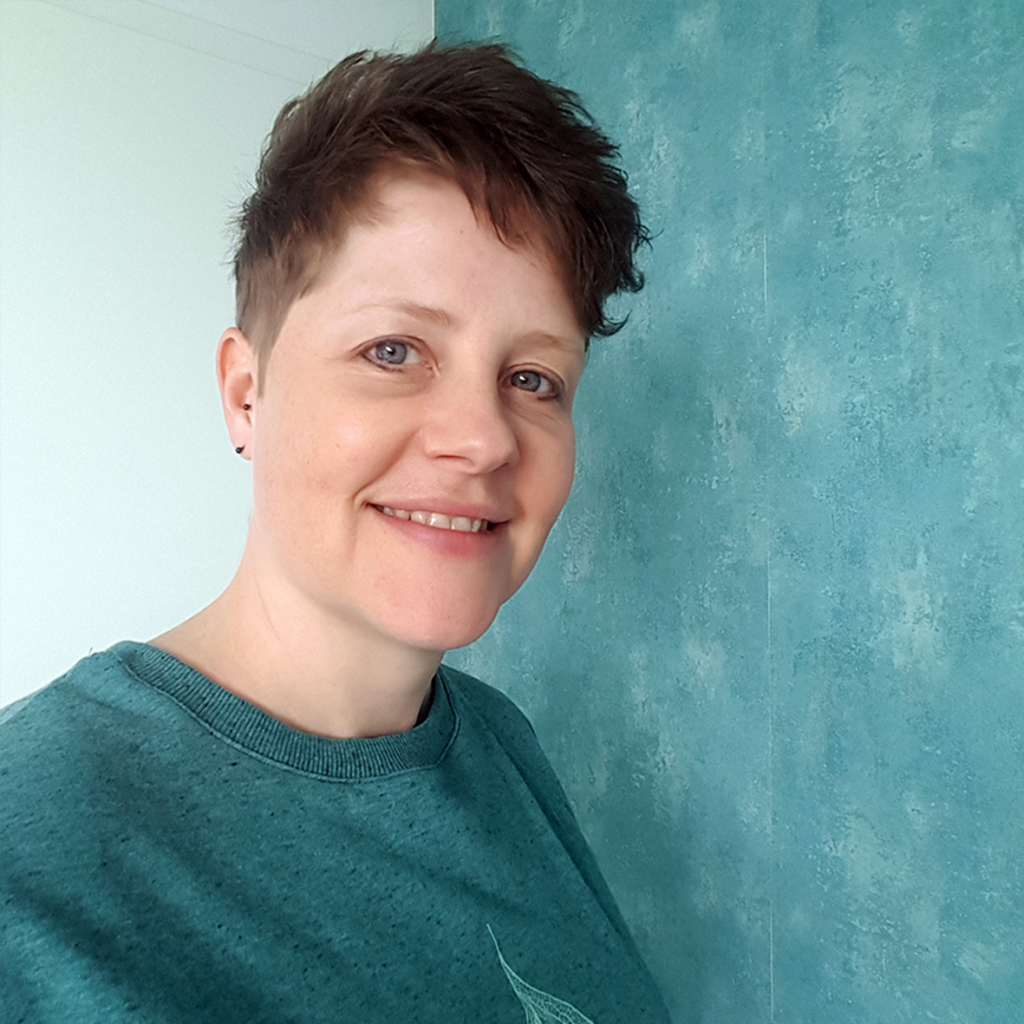
Alina Huldtgren is Professor of Digital Health and Intelligent User Interfaces at Düsseldorf University of Applied Sciences. She holds a PhD in HCI and runs a co-design lab for digital health (www.codeforhealth.de). Her research focuses on empowering, among others, vulnerable groups (e.g. people with dementia, children) in digital health development. She is PI in a project on engagement of older citizens, and partnering CoCre-HIT (cocre-hit.de), a project on co-creation in hybrid healthcare.
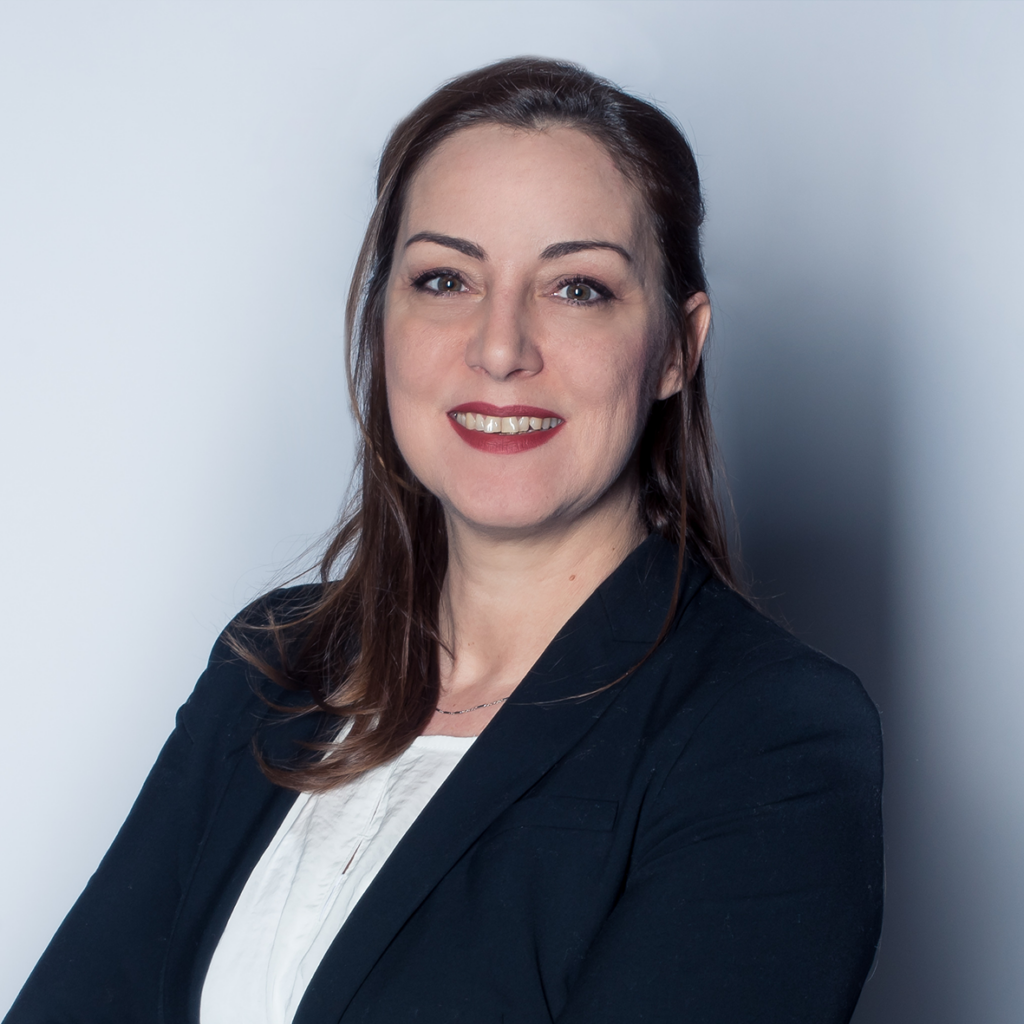
Claudia Müller is a Professor (Subst.) of Socio-Informatics, specialising in “IT for the ageing society” at the University of Siegen, Germany. Her expertise is PD with and for older adults, vulnerable user groups and local communities. She is representative chairwoman of the commission of the Eighth Federal Government Report on Older People.
Important Dates
- March 27, 2023: Workshop website is published together with the call shared in all our communication channels.
- April 25, 2023: Paper submission deadline.
- April 28, 2023: Acceptance notification.
- June 5 or 6, 2023: Participation and presentation.
Workshop Plan / Schedule
| Time | Activity |
| 09:00 – 09:20 | Brief workshop introduction |
| 09:20 – 10:00 | Participants’ presentations |
| 10:00 – 10:15 | Coffee/Tea break |
| 10:15 – 11:15 | Method collection |
| 11:15 – 12:00 | Design the future |
| 12:00 – 13:00 | Lunch break |
| 13:00 – 14:00 | Roadmap Session |
| 14:00 – 14:15 | Coffee/Tea break |
| 14:15 – 15:00 | Wrap up and next steps |
| 15:00 – 16:00 | Optional networking session |
